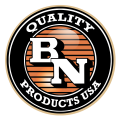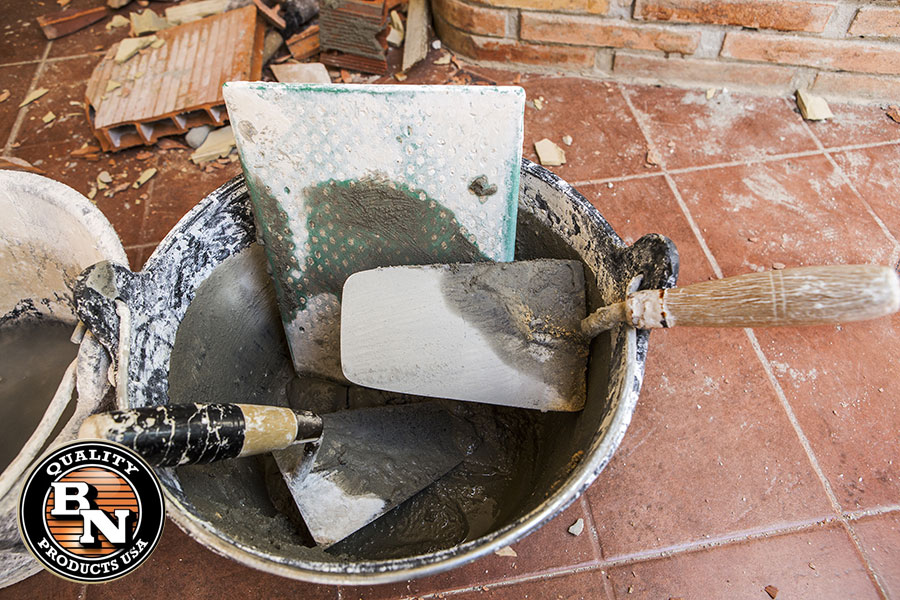While modern concrete has been in use for a couple of centuries, the ancient Romans built seaports using a type of cement made from lime and volcanic ash approximately two millennia ago. In many ways, say the experts, their mix was superior and withstood the test of time better than modern-day materials, particularly when subjected to the force of waves and the stresses of sea water.
Overlays
Recently, concrete floors, and thin overlays used to refinish surfaces both indoors and out, have gained favor in modern architecture. The trend represents a return to the past with a thoroughly modern twist, and it is an exciting time for the industry. No longer is concrete relegated to basement flooring and dull grey patio surfaces!
Decorative finishes that can be achieved by using a thin overlay include polished or patterned that can be enhanced in innumerable ways with texture, stains, stamped designs or fine detailing. The options are limited only by imagination and the constraints of the material’s thickness. Overlays range from almost paper-thin to several inches in depth and, as such, are formulated with substantial variants in aggregate and slurry mixes.
The one constant when planning an overlay to an existing surface is the bonding ability. Attention to the surface preparation is a prime determinant to the success of the overall project.
Requirements
When planning an overlay project, the first consideration is desired thickness, because that determines the method of preparation required for bonding. You may find a guide or rely on the advice of your remodel contractor. In either case, taking the time for preparation is key to having a finished project that will last, be attractive and give you years of service. The surface must not only be clean, but it must be “roughed up” in order to make the bonding possible.
The right materials are equally as important as proper preparation. Learn about component differences and select the right ones for the specific application you plan, from aggregate size to polymer resin. Each has a specific grade and determines, in large part, the type of overlay you will be able to accomplish.
Another determinant of material is whether the overlay is planned for interior or exterior use. Typically, gypsum is added to the formula for interior surfaces.
Specifics
Obviously, the specifications for a flooring overlay will be different from the details of resurfacing an outdoor kitchen serving counter, but many of the same tools are required. Applying the overlay mix to an existing surface can be accomplished through spraying or troweling it on. In some cases, use of a hopper-gun is preferred and, for a small job, a self-leveling compound might simply be “poured” into a form.
Cement floors obviously must be protected while the mix sets up and cures. Decorative finishes, if desired, should be planned in advance so that the finish work can be completed as required. Because there are so many options, suffice it to say that a sealer is almost universally needed and that the time frame depends on a lot of factors.
Versatility
The appeal of thin overlay surfaces cannot be denied. Some simple applications may be accomplished with a minimum of portable power tools, perhaps only a drill with a mixing paddle. For larger jobs, or for the professional with a need for heavy-duty equipment that will continue to perform reliably during extended use, our BN Products are well-designed and guaranteed to meet your needs.
The Beauty of Concrete
If you are considering an overlay finish to extend the life or add to the beauty of an existing surface, whether a patio, interior floor or a decorative counter, know that you are following a long tradition of concrete fabrication and experimentation. New overlays add to the versatility of concrete and, even though prep work is vital, the results should justify the extra effort.



